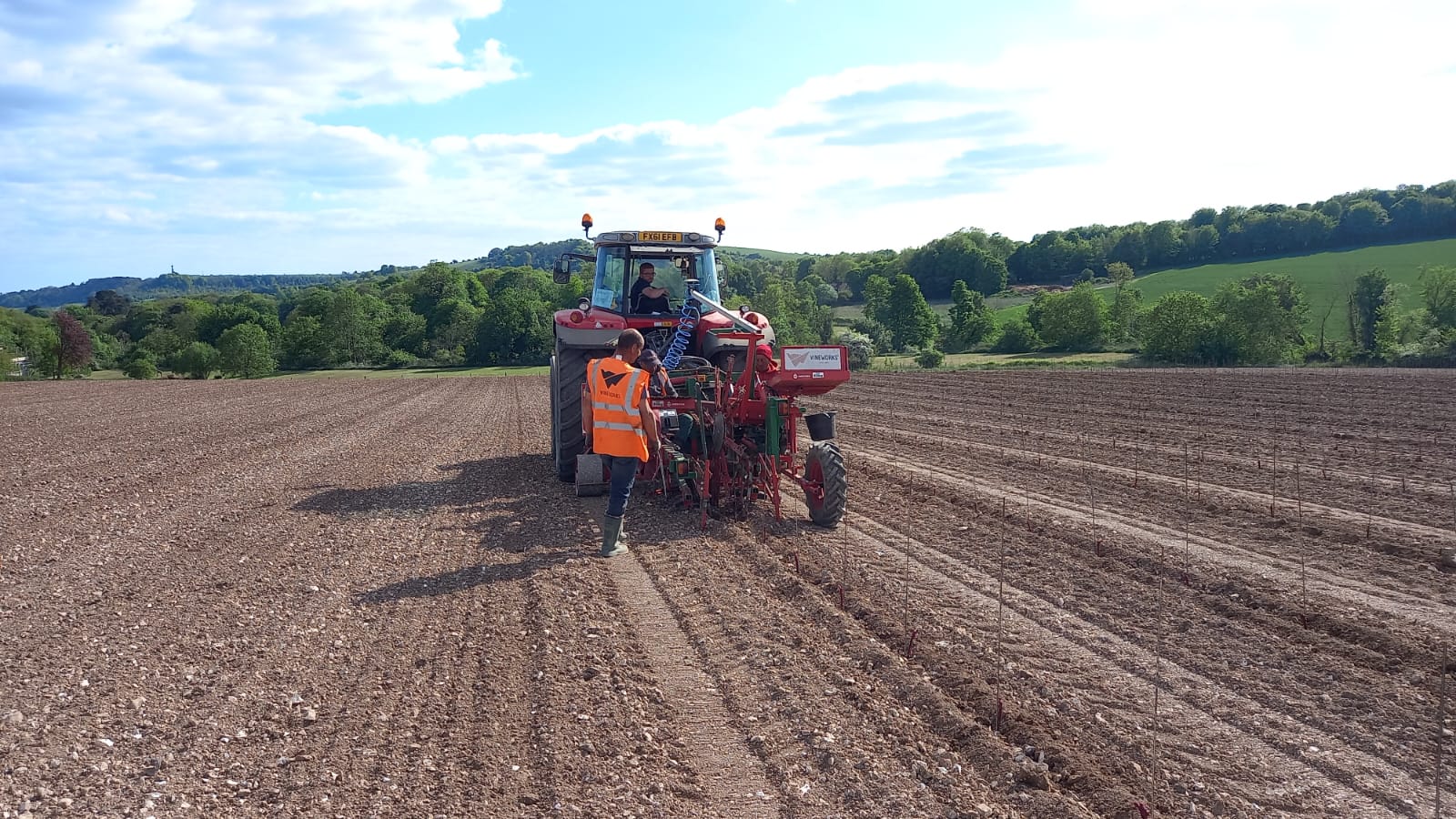

Diversifying into Viticulture
Diversification has long been a way for UK farms to strengthen income and resilience. According to government statistics, 71% of farm businesses had some form of diversified activity in 2023/24. Vineyards are not quick cash and profitability on grape sales can be variable. However, it is still worth considering for any farm looking at alternatives to their existing farming model. Viticulture not only offers the potential for an alternative food commodity revenue, it also creates opportunities for agritourism, hospitality, and job creation in rural communities.
So, if you are a farmer, how do you take the first steps towards establishing a vineyard?
Step 1: Assess the Land
The best diversification projects build upon existing assets. Begin by asking,”Is my land suitable for vines?” Initial considerations include historical and predicted climate data, topography, wind exposure, drainage, frost risk, and soil condition. Accessibility is equally important - not only for machinery but also for potential customers if you plan to welcome visitors. This is also the point to consider whether existing farm buildings could be repurposed for storage, hospitality, or even winemaking facilities.
Step 2: Seek Permissions
Before planting, secure planning permission and notify the relevant authorities. Natural England protects uncultivated or semi-natural land from new agricultural use, so if your site has been untouched for 15 years or more, permissions must be in place.
Be mindful of public rights of way. While they can boost visibility and footfall for cellar door activities, they also require careful management of signage and safety during vineyard operations.
Step 3: Decide What to Do With the Fruit
Perhaps the most important decision is what you plan to do with the grapes once they are ready. Vines take three to four years before producing commercial crops, but plans must be made well in advance of planting.
Some farmers secure grower contracts with existing wineries, giving them security and guidance on grape varieties. Others aim to build their own brand - a route that involves appointing a winemaker, deciding on wine styles, and developing a route to market. Many producers begin brand-building early, sometimes buying fruit to release wine before their own vines are mature. The UK wine grape market has an uncertain pricing and supply because of the variation from season to season. If you intend to supply grapes only, it's important that growing contracts are in place before you plant. Offering fruit on the open market each year can be problematic.
Step 4: Vineyard Design and Installation
With a consultant’s guidance, design your vineyard to match your long-term goals. Soil results may require nutrient adjustments. Think about the trellising system, there is a balance between pretty and practical, it can be difficult to achieve both.
Certified vines should be sourced from trusted nurseries, with GPS-guided planting ensuring uniform rows and efficient use of land. Getting this stage right is critical - mistakes at planting are costly and difficult to reverse.
Step 5: Plan for Ongoing Management
Vineyards require year-round attention: pruning, canopy management, disease control and harvesting. Some farmers adapt existing machinery and skills; others prefer to outsource to viticultural specialists. Vineyard management companies can provide training, consultancy, or full operational support.
The choice comes down to your available time, experience, and desired level of involvement.
Looking Ahead
Diversifying into viticulture is a significant commitment, but with the right preparation, it can transform underutilised farmland into a thriving enterprise.
At VineWorks, we have been planting and managing vineyards across the UK since 2006, helping vineyard owners achieve the best outcomes - one vine at a time.
PUBLISHED BY THE FRUIT GROWER MAGAZINE, OCTOBER 2025



